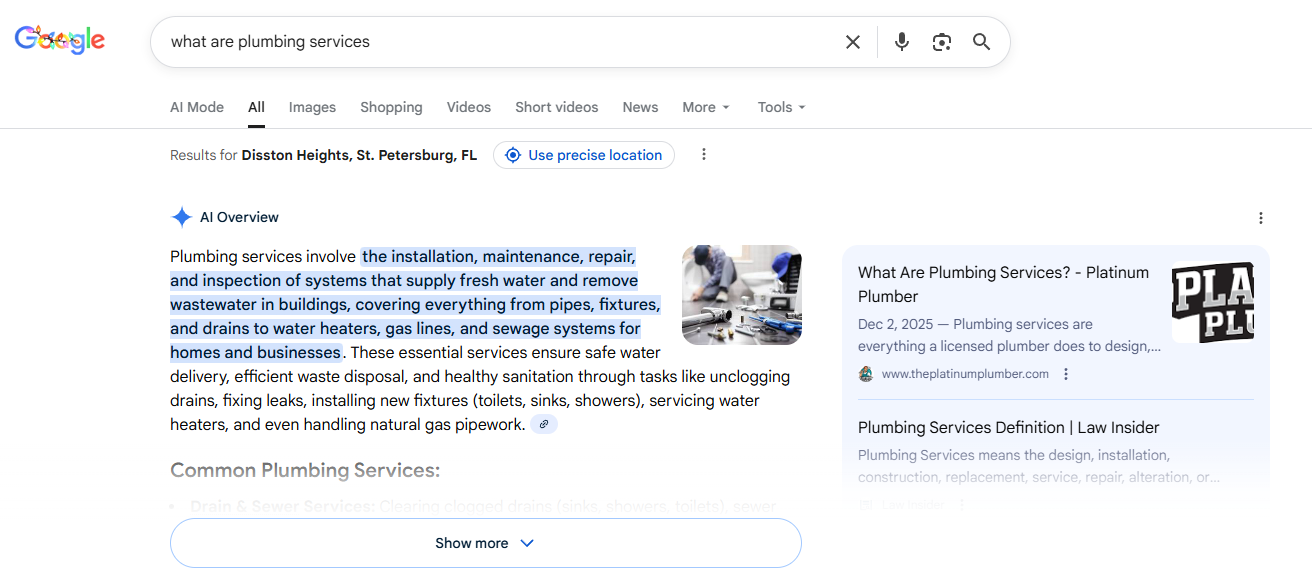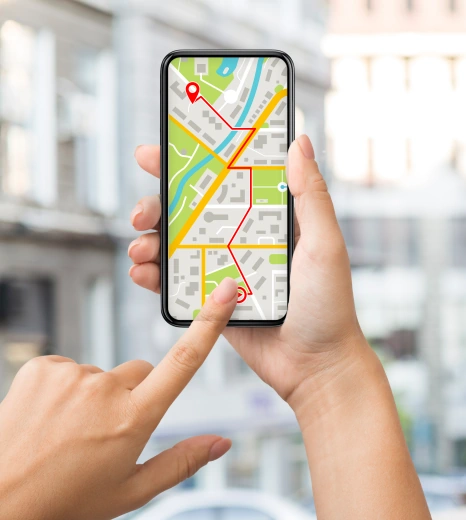How to Make ChatGPT Pick Your Business

ChatGPT Is Already Ranking Local Businesses
When someone types “best plumber near me” or “top fencing company in Grand Rapids” into ChatGPT, it doesn’t crawl Google—it leans on review data and business listings from third-party sources like Bing Places, Yelp, and other trusted directories.
That means you can influence whether your business gets mentioned by being present and consistent on the review platforms ChatGPT relies on. This is part of a growing trend called AEO (Answer Engine Optimization)—the next evolution of local SEO.
The key idea comes from Miriam Ellis’ excellent analysis published on Whitespark: ChatGPT favors entities with complete, verified, and active listings across high-authority review sources.

Find Which Review Sites Matter for Your Business
Here’s the 30-second version of the method I shared in my TikTok (and yes, credit where it’s due—this comes straight from Miriam’s Whitespark study 👇):
- Open Bing
- Search your service + city (for example, “tree service Grand Rapids” or “plumber Knoxville TN”)
- Tap a few local results
- Look at the review badges or icons that appear under each business listing
- Write down the two sites you see most often (like Yelp, Angi, BBB, Houzz, or Facebook)
Those two review platforms are the ones Bing and ChatGPT trust most in your region or niche. They’re effectively the new “citations that count.”

Build, Optimize, and Ask for Reviews
Once you know your top two sites, claim or create your listings and fill them out completely.
✅ Use consistent NAP (Name, Address, Phone) info matching your website
✅ Add photos, business hours, and service details
✅ Ask five happy customers to leave reviews this week
✅ Link those listings from your website (About, Footer, or dedicated Reviews page)
These steps send clear entity signals to both Google and ChatGPT that your business is legitimate, active, and relevant.
And when someone asks, “Who’s the best [your service] near me?”—you’ll be right where AI is looking.

Credit & Further Reading
The foundation for this strategy comes from Miriam Ellis’ research published on Whitespark’s blog.
Her work highlights how review site visibility directly influences which businesses appear in AI results on Bing Copilot and ChatGPT.
Full article: “Want to Rank in ChatGPT? Focus on These Review Sites (New Research)” — by Miriam Ellis, Whitespark.

.svg)



